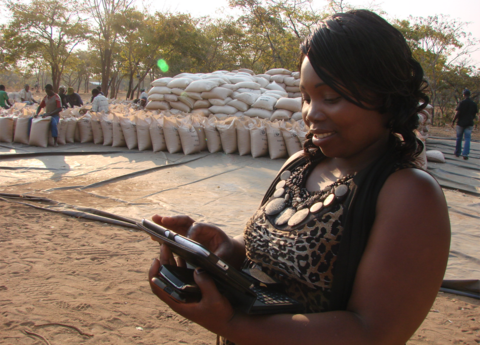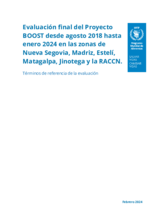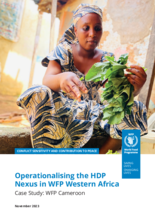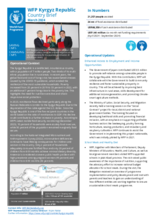
An important function of a national strategic food reserve is to ensure that food is stored safely and that its quality is guaranteed. In order to achieve this function efficiently systems, processes and procedures must be aligned. This report documents a pilot project conducted by Zambia's Food Reserve Agency (FRA) and the UN World Food Programme (WFP) to test innovative procedures aimed at improving the quality of the maize in FRA’s supply chain and ensuring the capture and transmission of real-time data from the FRA's rural collection points to district depots. This report outlines the activities undertaken and the lessons learned during the pilot.
The pilot project found that solutions for grain quality management and information management cannot be looked at in isolation as they are influenced by several internal and external factors. These factors include the FRA's business model of an extensive network of depots, inadequate storage infrastructure; manual stock management information system and motivational issues associated with employing seasonal staff. The pilot has shown that real-time, data transmission using mobile technology can have a positive impact on the FRA’s operational efficiency. Scaled-up solutions, adapted through up-scaled design specifications, will be able to deliver and are worth their investment. These solutions will need to remain scalable, bearing in mind the need for investment in the other factors that influence their successful implementation.
| Document | File |
|---|---|
| Lessons Learned on Grain Quality Control and Mobile Information Systems within the Zambian Food Reserve Agency |
HTML | 28 bytes
Download
|



